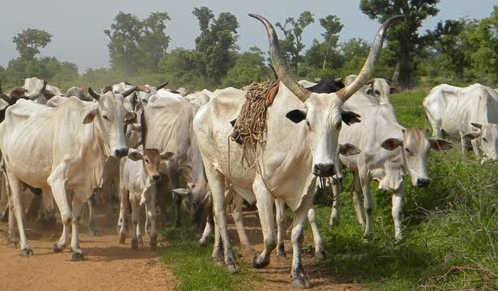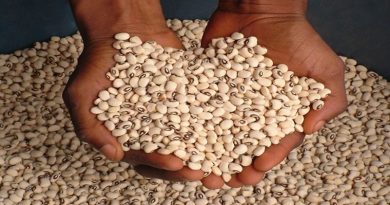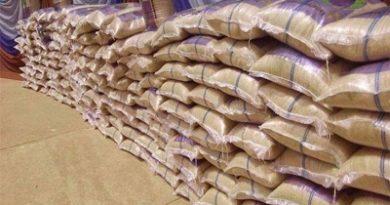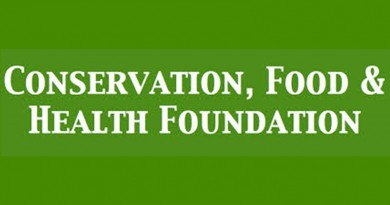Vaccinating livestock to save livelihoods in Nigeria
One of the biggest livestock markets in Africa is located in northeastern Nigeria. Being a source of livelihood for many people impacted by the region’s protracted conflict, maintaining the health of livestock is crucial. In Mubi, northeast Nigeria, Ardo Abubakar confides to a member of our ICRC team, “We lose roughly 24 out of 40 of our livestock sometimes, especially during the dry season. They simply “drop dead,” he claims.
On the border with Cameroon, communities in Mubi, Madagali, and Michika have suffered the effects of more than ten years of conflict. For food or a living, many people depend on cattle. One of the biggest livestock markets in the area deals in cattle, sheep, and goats.
This links the welfare of cattle to that of those who depend on it. When animals are lost, individuals who are already at risk due to violence or displacement lose their means of subsistence. According to Ardo Abubakar, he is unsure of the cause of his livestock’s demise. Yet to him, it’s a crucial matter.
The residents in these rural areas of northeast Adamawa eat the flesh and milk of livestock. They make money by exchanging goods made from animals or animal products, which enables them to accumulate monetary reserves to suit their requirements.
Also, livestock are crucial to social life since they can be used as wedding favors or as a source of money for local economies. Yet because of the protracted crisis, these herder communities are now at risk. War, violence, and criminal activity have resulted in the theft and killing of animals, making it more difficult to stop disease outbreaks that might wipe entire herds. Planning for the future can be challenging when addressing current problems.
In northeast Nigeria, illnesses like peste des petits ruminants (PPR) and contagious bovine pleuropneumonia (CBPP) are all too common. Last but not least, it is difficult to acquire animal health treatments, and there are no systems in place to prevent and control disease.
Around 500,000 animals in Mubi, Michika, and Madagali have been vaccinated as a result of a program the ICRC started in 2022.
The initiative, which focused on CBPP and PPR, aimed to prevent and control outbreaks, reduce morbidity and death rates, and aid in the development of immunity to make livestock more resistant to illness in the future.
Ardo Abdullahi, a village leader in Kongoli, claims, “We observed the benefit of the immunizations on our livestock. They now eat well, appear healthy, and have greater immunity; we wish this exercise will be repeated annually. Deworming medication was also given out to herders as part of the program to aid in safeguarding their cattle from intestinal parasites. According to Mohamed Ali, a Maiha-based employee in animal health.
But, when they saw a dramatic decrease in their livestock death rate in 2022, as well as improved reproduction and milk production, it made this February campaign a big success.
Our assistance for herders complements the assistance we give to farmers who are also impacted by violence. We offer this assistance to those who need it most throughout Nigeria and the rest of the world.




